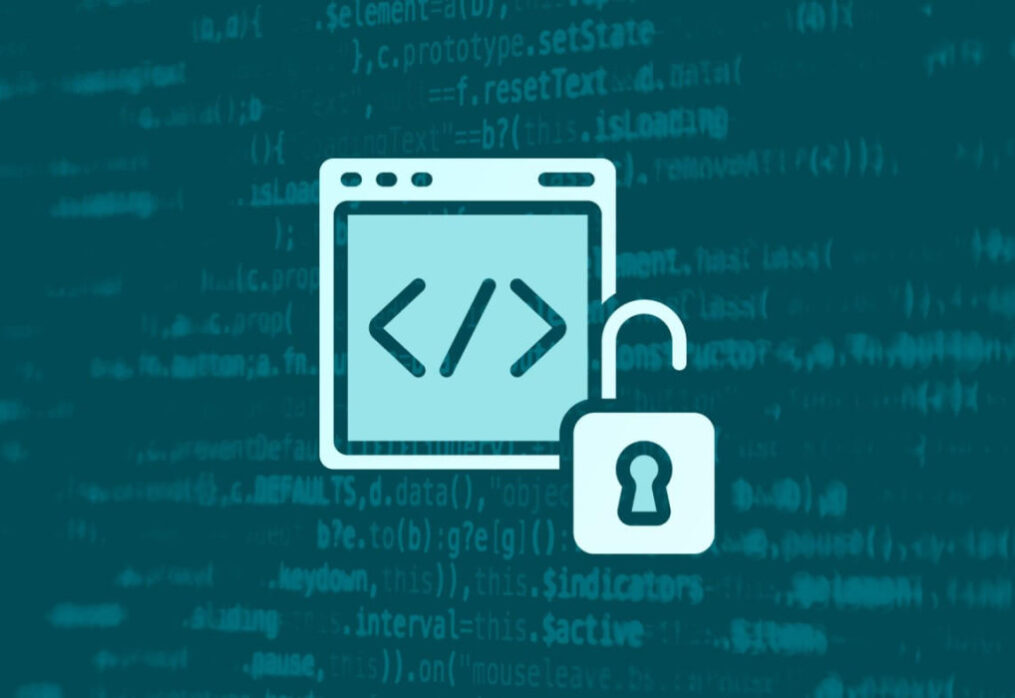IS OPEN SOURCE SOFTWARE SECURE ENOUGH FOR YOUR BUSINESS?
From a niche idea, open source has grown to a global standard that moves innovation forward in any industry. Businesses-from small startups to tech giants-rely on open source software to decrease costs, speed up development, and tap into a pool of contributors from around the world. The idea that software code is openly available for inspection, modification, and distribution empowers an organization to tailor its needs. But the same openness begs a rather fundamental question: is open software secure enough for your business?
Proprietary systems may seem safer due to closed code, but many experts believe open software can be more secure. Transparency allows numerous developers to identify and quickly resolve vulnerabilities. However, businesses need to be aware that adopting open software responsibly requires proper governance, vetting, and continuous monitoring.
THE SECURITY ADVANTAGES
Perhaps the most significant benefit derived from open source software is coming from the community aspect. Apart from proprietary software, which depends on a single vendor’s update cycle, open source software benefits from rapid feedback loops and global collaboration. Often, security patches are issued faster because contributors from all over the world constantly analyze the source code.
Major enterprises like Google, IBM, and Amazon trust open source projects such as Linux, Kubernetes, and Apache for their resilience, benefiting from community-driven collective intelligence. Transparency ensures security flaws are visible to all, not hidden by corporate firewalls.
Additionally, open source software gives organizations control. This means they can audit the code themselves or employ independent experts to assess vulnerabilities-a rare option in closed-source systems. This visibility helps enterprises fulfill their needs for compliance with security standards such as ISO 27001 and GDPR, knowing precisely what runs within their IT infrastructure.
THE HIDDEN RISKS
However, this does not mean that open source software is all that secure. The openness of the source code can also be a double-edged sword. Hackers target open source projects’ vulnerabilities in outdated code before patches are available.
One error many companies make is in assuming that open software is “free” across the board. While there’s no download fee, hidden costs arise from security management and support. Organizations lacking in-house IT may face risks using vulnerable libraries without proper updates and dependency tracking.
For instance, the recently discovered Log4j vulnerability in one of the most used open source software logging frameworks laid several thousand systems around the world open to attack. The problem was not with the open source model per se but with how organizations lackadaisically monitor and update their dependencies. This again underlines proactive risk management.
BEST PRACTICES TO SECURE OPEN SOURCE SOFTWARE
Businesses can reap the benefits of open source software without sacrificing security by following a few essential best practices:
Regular Audits: Always verify the origin of all open source software* before integrating. Implement automated tools to find vulnerabilities or outdated libraries.
Adopt a Patch Management Policy: Implement a structured process for applying security patches promptly. A lot of breaches happen simply because updates are delayed.
Use Trusted Repositories: Rely on reputable repositories like GitHub, GitLab, or Apache Foundation for verified *open source software.
Governance Framework: Establish accountability for the approval and maintenance of open source software components.
Train Your Team: Make sure developers and IT staff know how to identify and mitigate open source software risks.
By institutionalizing these practices, companies can turn open source software from a perceived liability into a competitive advantage.
THE PLACE OF AI IN OPEN SOURCE SOFTWARE SECURITY IMPROVEMENT
Artificial Intelligence is turning out to be an inseparable ally in the quest for open source software security. Machine learning algorithms now detect anomalies in code behavior, automate vulnerability scanning, and even predict exploits before they may happen. AI-driven tools can analyze large volumes of open software repositories for patterns of risk that might be missed by humans.
Interestingly, many of these AI security tools are themselves built on open software. This synergy between AI and open collaboration demonstrates how the open source ecosystem continues to evolve. As AI grows smarter, it raises a new question for businesses: can AI-enhanced monitoring make open software even more secure than traditional proprietary systems? The answer increasingly leans toward “yes,” provided organizations integrate both responsibly.
EVALUATING OPEN SOURCE SOFTWARE FOR FIT WITH YOUR BUSINESS
Businesses should understand their risk tolerance, technical capacity, and long-term goals before the adoption of open source software. For instance, organizations that deal with finance, healthcare, or government usually work within a legal framework that dictates strict protection of data and may be more cautious before deploying open software. Startups and purely technical enterprises, on their part, would find open source ideal for agility, customization, and rapid innovation.
The focus is on organizational capability to maintain security in open software, highlighting that with appropriate strategy, governance, and support, it can underpin a resilient IT infrastructure.
CONCLUSION
Open source software is, without doubt, a cornerstone of modern digital transformation. It’s transparent, flexible, and collaborative-all qualities that make it an invaluable resource for businesses seeking innovation and scalability. Still, security remains a shared responsibility between the global community and your internal IT team. All that is really required to help your open software solutions remain secure, efficient, and compliant is the right partner to guide your strategy. Techvantage Innovations specializes in helping organizations integrate and manage open software with confidence. From audit and maintenance to AI-enhanced cybersecurity solutions, our team ensures your business stays ahead of emerging threats. Ready to fortify your open source foundation? Reach out to Techvantage Innovations today and let’s make your digital transformation secure, smart, and sustainable.
